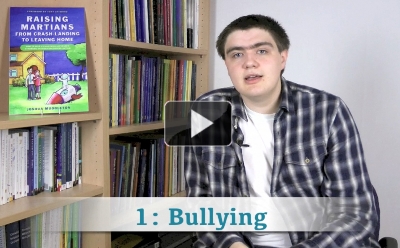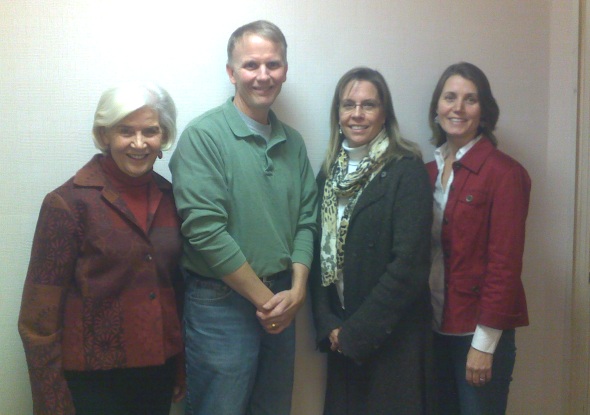My Journal Journey – An Article by Kate Thompson, author of Therapeutic Journal Writing
“I wrote this book because this was a book I would have liked when I was training as a counsellor. At that time I had no idea that you could (‘were allowed to’) use journal writing as a therapeutic medium with clients. But I did know that it worked for me so it seemed natural to want to try. This book would have legitimized my instincts and given me the confidence to do it openly.”









